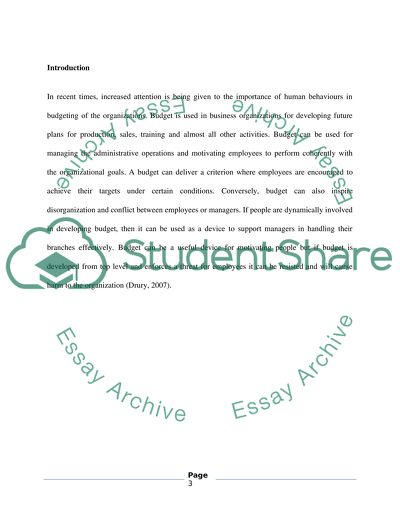Cite this document
(“Human Behaviors in Budgeting Essay Example | Topics and Well Written Essays - 2000 words”, n.d.)
Human Behaviors in Budgeting Essay Example | Topics and Well Written Essays - 2000 words. Retrieved from https://studentshare.org/finance-accounting/1436884-human-behaviors-in-budgeting
Human Behaviors in Budgeting Essay Example | Topics and Well Written Essays - 2000 words. Retrieved from https://studentshare.org/finance-accounting/1436884-human-behaviors-in-budgeting
(Human Behaviors in Budgeting Essay Example | Topics and Well Written Essays - 2000 Words)
Human Behaviors in Budgeting Essay Example | Topics and Well Written Essays - 2000 Words. https://studentshare.org/finance-accounting/1436884-human-behaviors-in-budgeting.
Human Behaviors in Budgeting Essay Example | Topics and Well Written Essays - 2000 Words. https://studentshare.org/finance-accounting/1436884-human-behaviors-in-budgeting.
“Human Behaviors in Budgeting Essay Example | Topics and Well Written Essays - 2000 Words”, n.d. https://studentshare.org/finance-accounting/1436884-human-behaviors-in-budgeting.


